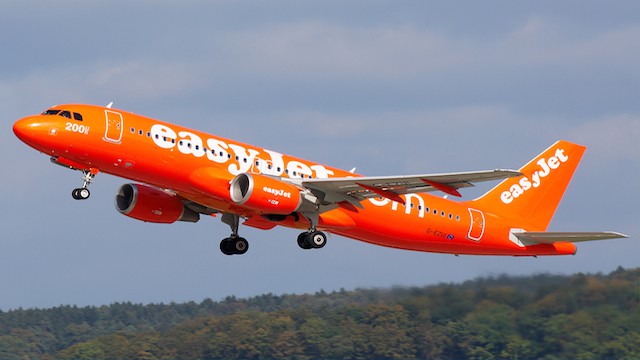Outsourcing leviathan Capita Group (LSE: CPI) has been one of the worst performing FTSE 100 shares in the year to date.
The business was recently dealing around the 615p per share marker, representing a whopping 49% drop from levels enjoyed at the start of the year. June’s Brexit referendum has done little to shore up evaporating market appetite, obviously, and September’s profit warning showed that investors were right to be concerned about the firm’s earnings profile in a post-EU landscape.
The London business warned that “continued delays in client decision making” means that “our performance in the second half of the year to date has been below expectations.”
Should you invest £1,000 in Capita Plc right now?
When investing expert Mark Rogers has a stock tip, it can pay to listen. After all, the flagship Motley Fool Share Advisor newsletter he has run for nearly a decade has provided thousands of paying members with top stock recommendations from the UK and US markets. And right now, Mark thinks there are 6 standout stocks that investors should consider buying. Want to see if Capita Plc made the list?
Capita also cited trading slowdown in certain divisions, as well as the impact of one-off costs related to its Transport for London congestion charging contracts, as having had a severe impact on its bottom line. The company now expects underlying pre-tax profit of £535m–£555m during 2016, down from its prior estimate of £614m.
Capita is not the only outsourcer to experience a sudden downturn in the top-line following the summer’s referendum, with Mitie Group also shaving its profit estimates last month as its clients tighten the purse-strings and hunker down for the oncoming economic challenges.
The City expects Capita to suffer a rare 7% earnings decline in 2016, resulting in a cheap ‘paper’ valuation of 9.3 times.
And while the number crunchers expect the business to rebound with a 4% advance earnings rise in 2017, I reckon the strong possibility of political and economic malaise in its home markets could keep orders from Capita’s major clients on ice. As such, I reckon investors should steer clear despite the rock-bottom valuations.
A long-haul lovely
I am much more relaxed over the revenues outlook for easyJet (LSE: EZJ) in the longer term, however.
Like Capita, the budget airline has hit the market with profit warnings following the Brexit referendum as it absorbs the impact of industrial action, terrorism-related incidents, and the result of a nosediving pound. Consequently easyJet is now dealing at a 46% discount to its price on New Year’s Eve, at 945p per share.
But I believe this weakness represents a great buying opportunity for shrewd stock pickers.
easyJet remains bullish that its fleet expansion programme should provide strong growth opportunities in the years ahead and, in the meantime, fears of worsening economic conditions could actually play into the hands of the low-cost carriers — indeed, the Luton-based business noted this month that 45% of its seats have been sold for the first quarter, in line with the corresponding 2015 period.
Sure, easyJet may be expected to follow an expected 22% earnings decline for the 12 months to March 2016 with a 14% drop in the following fiscal period. But I reckon the flyer’s long-term outlook remains robust, and that a current P/E rating of 10 times is an attractive level upon which to latch onto the stock.








